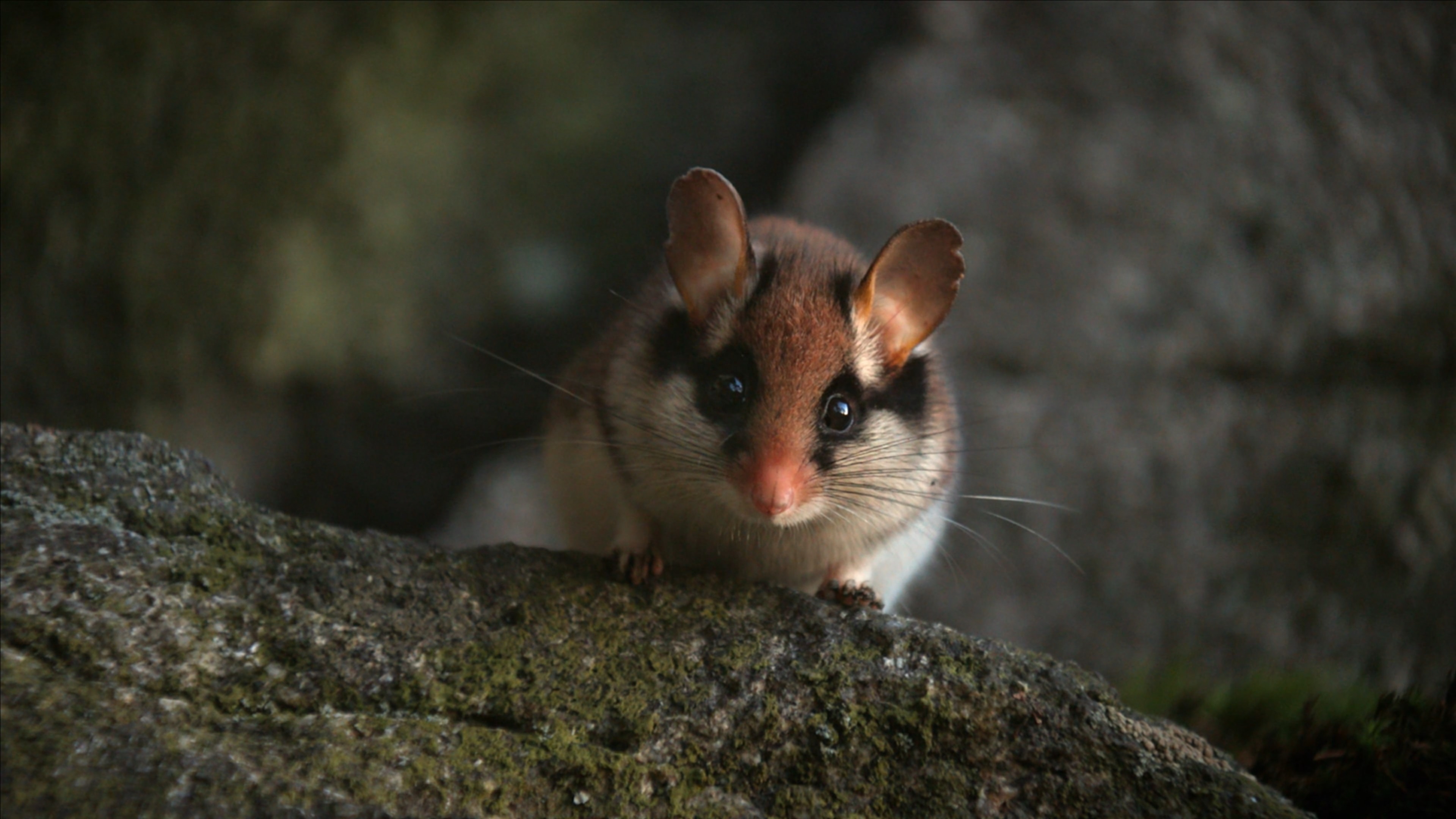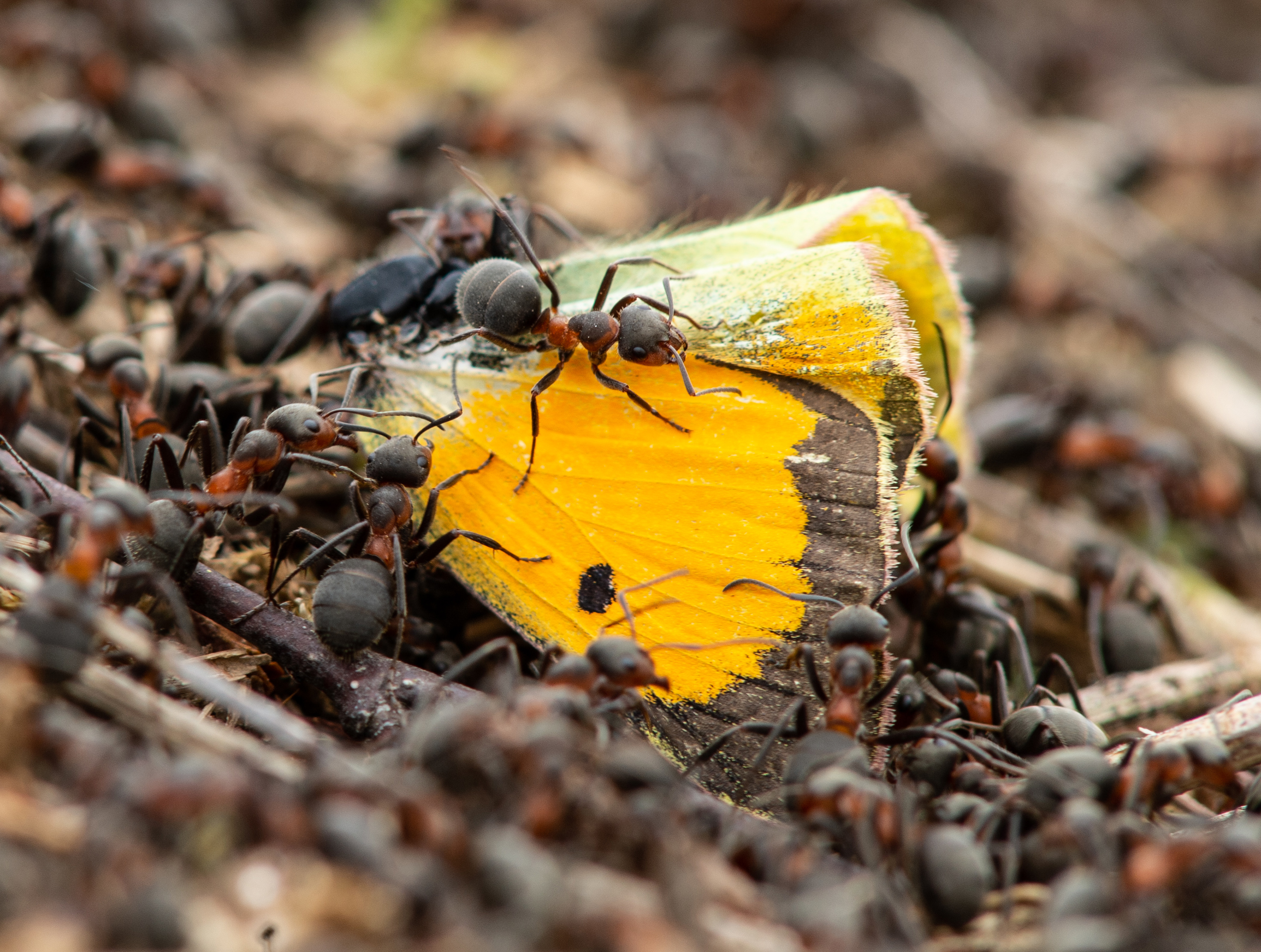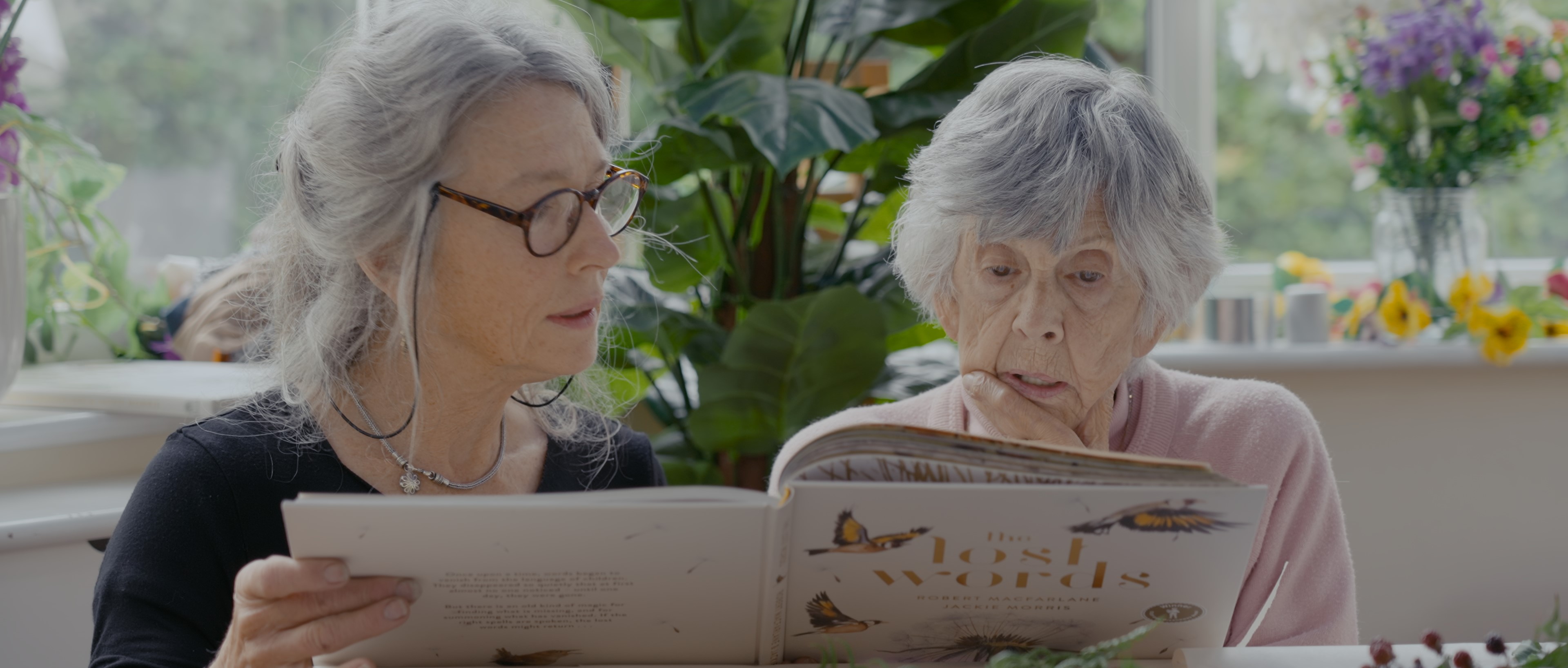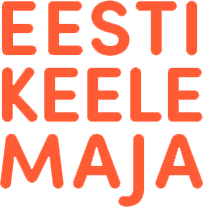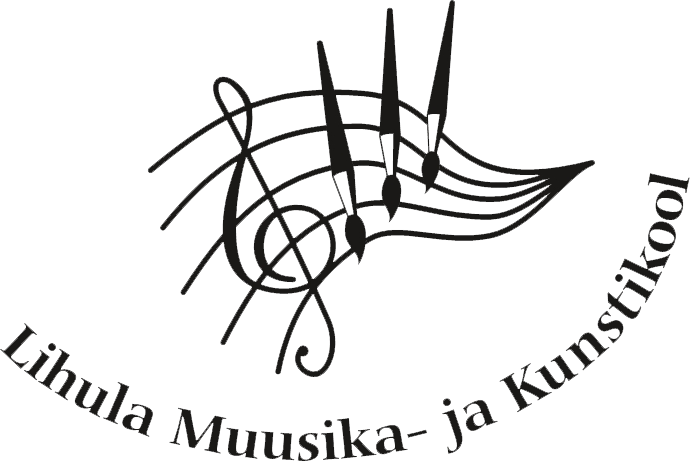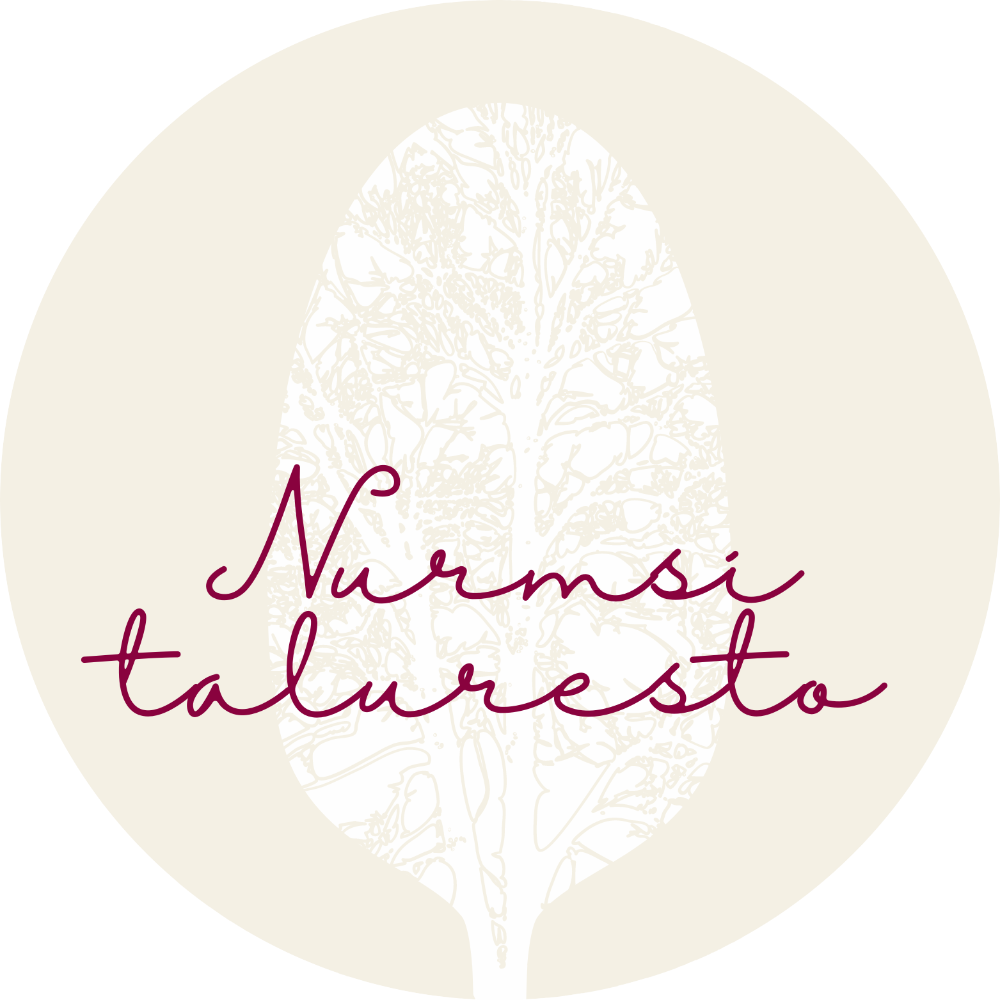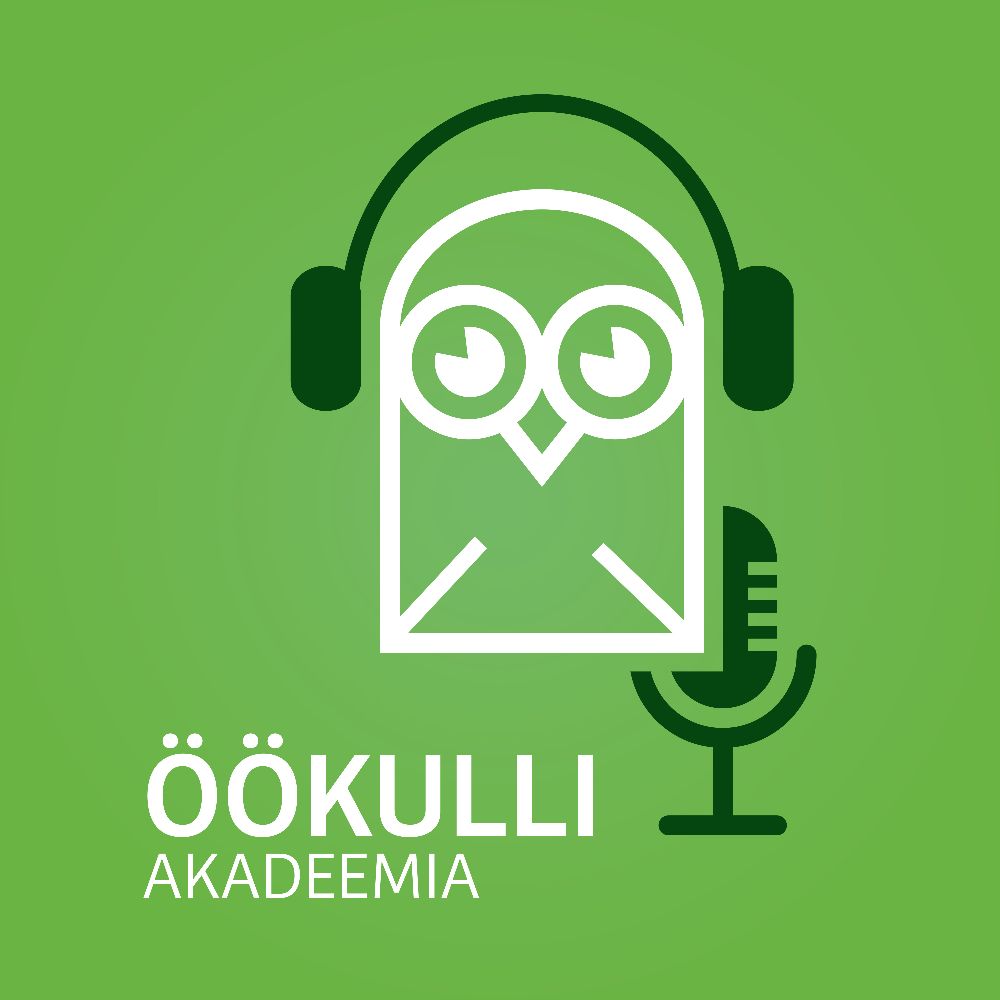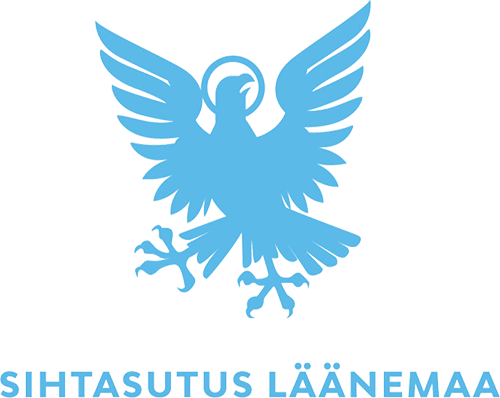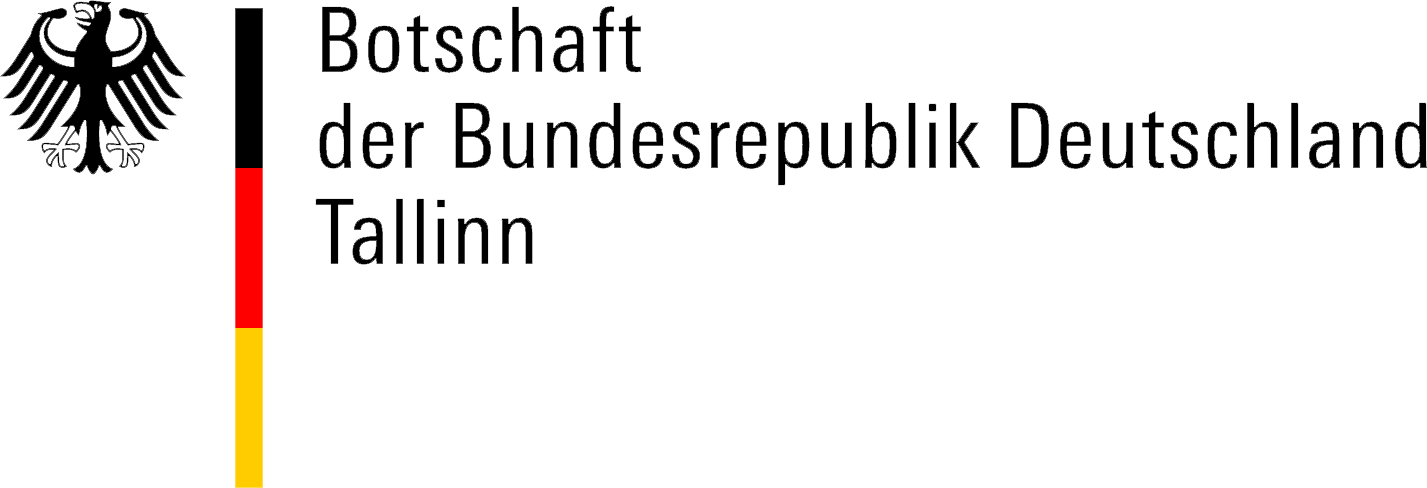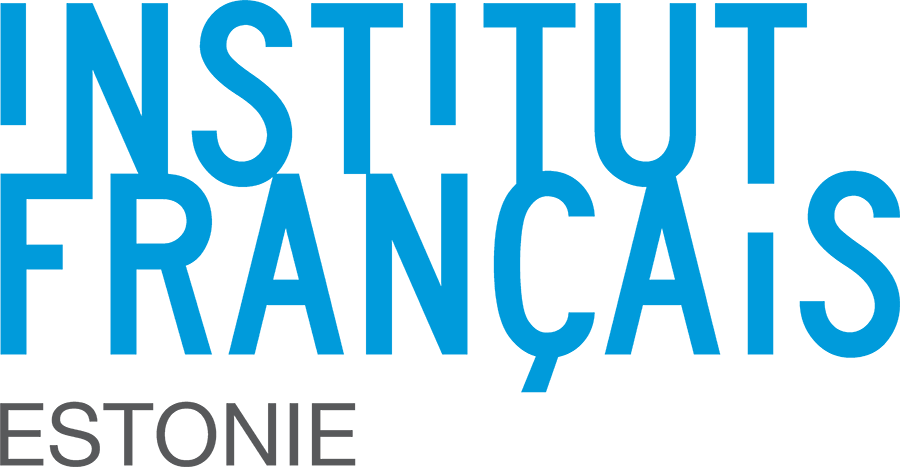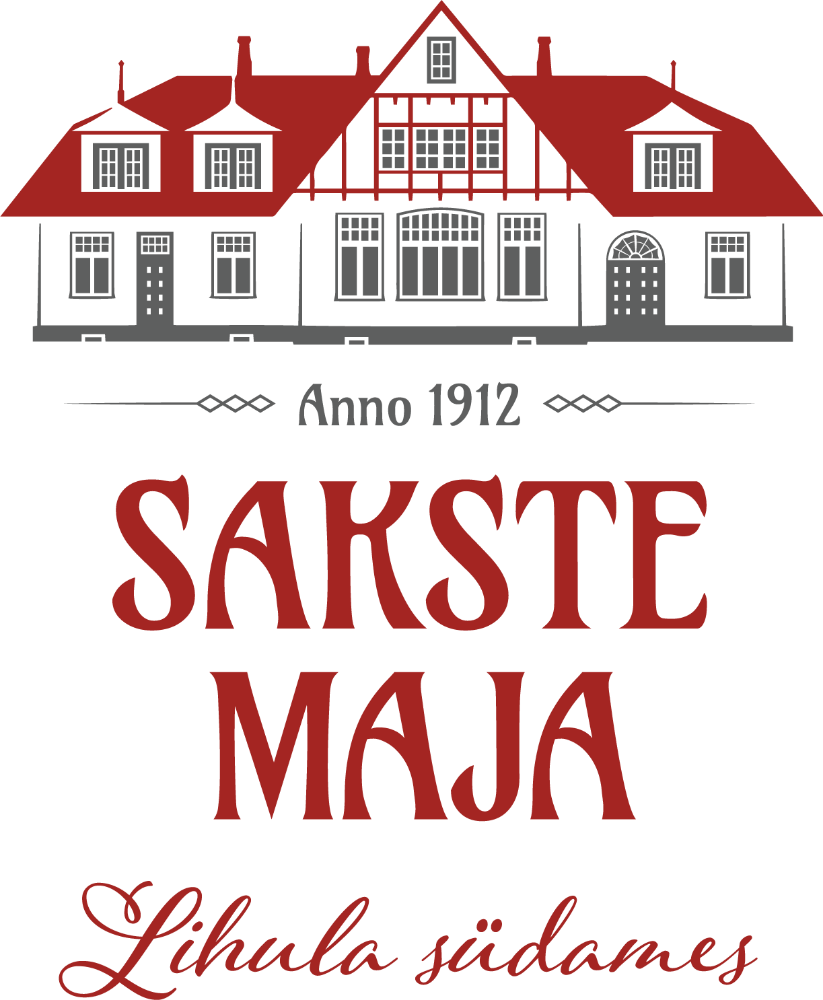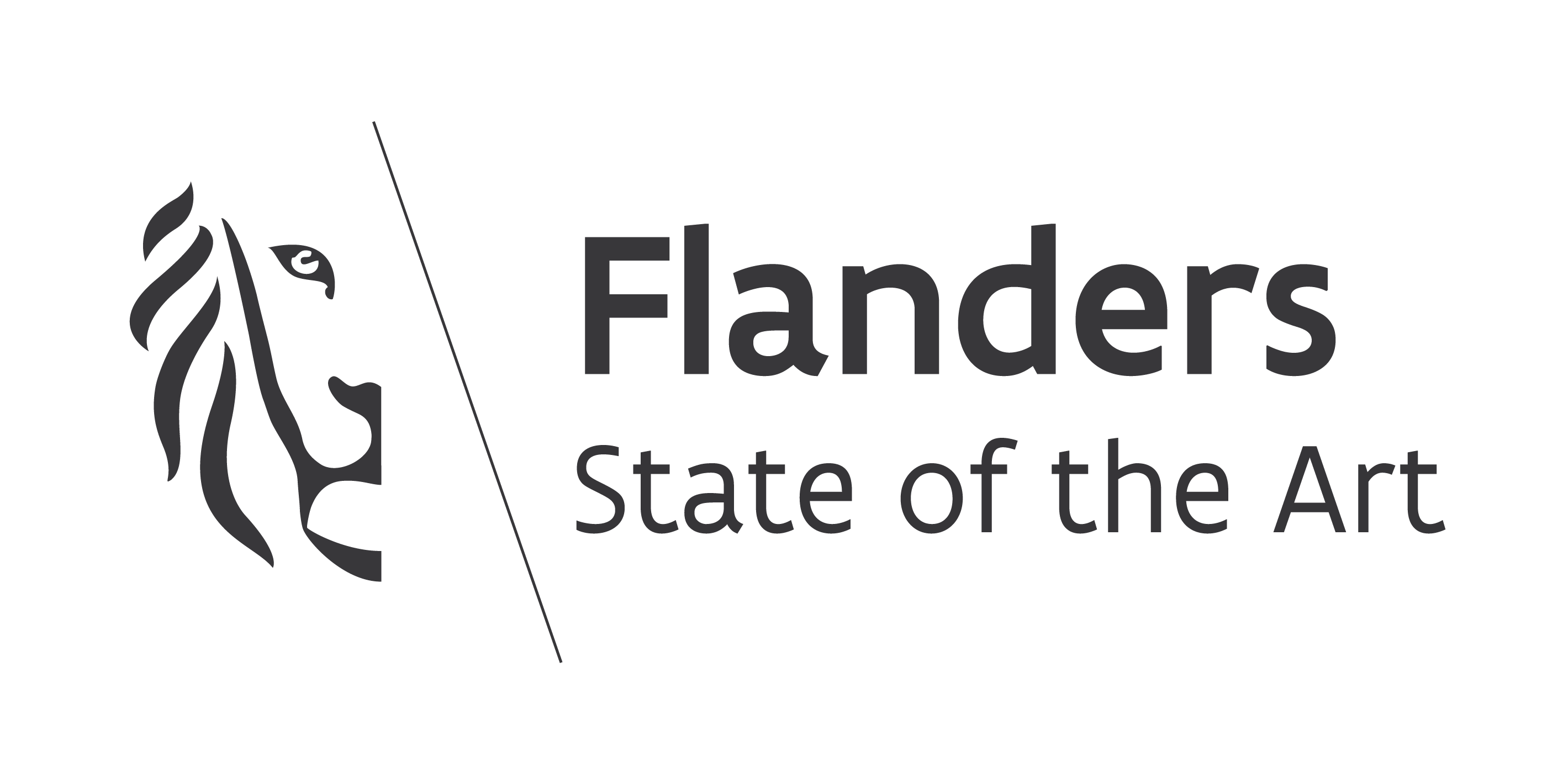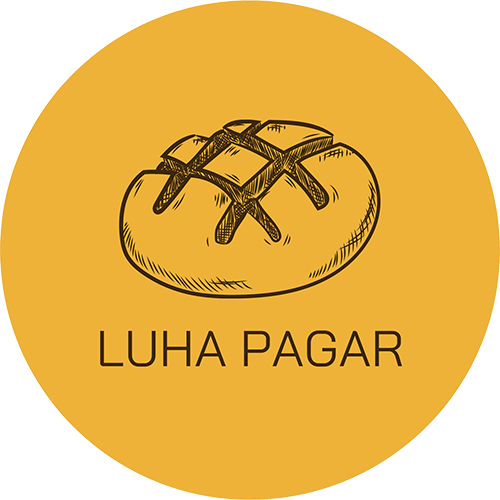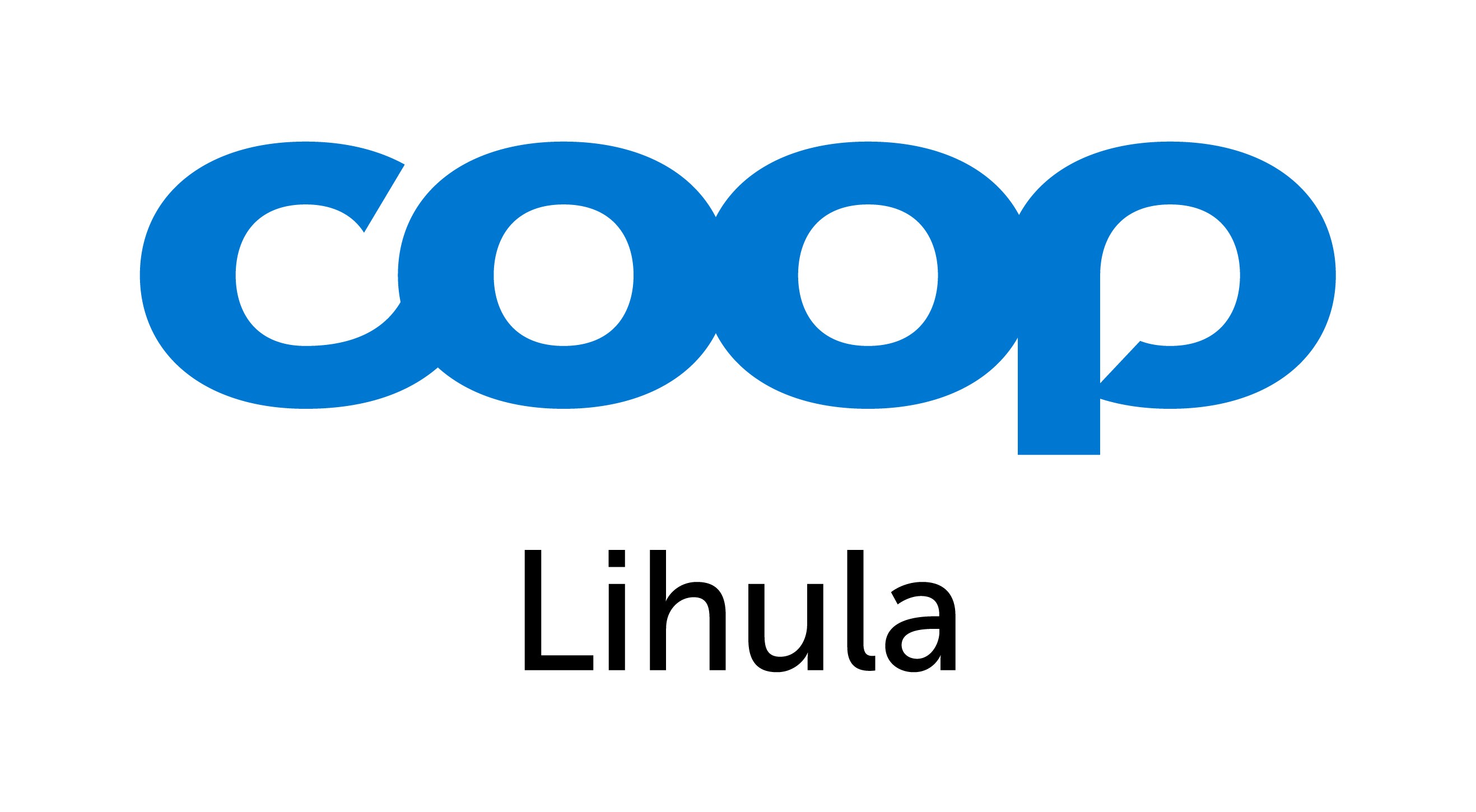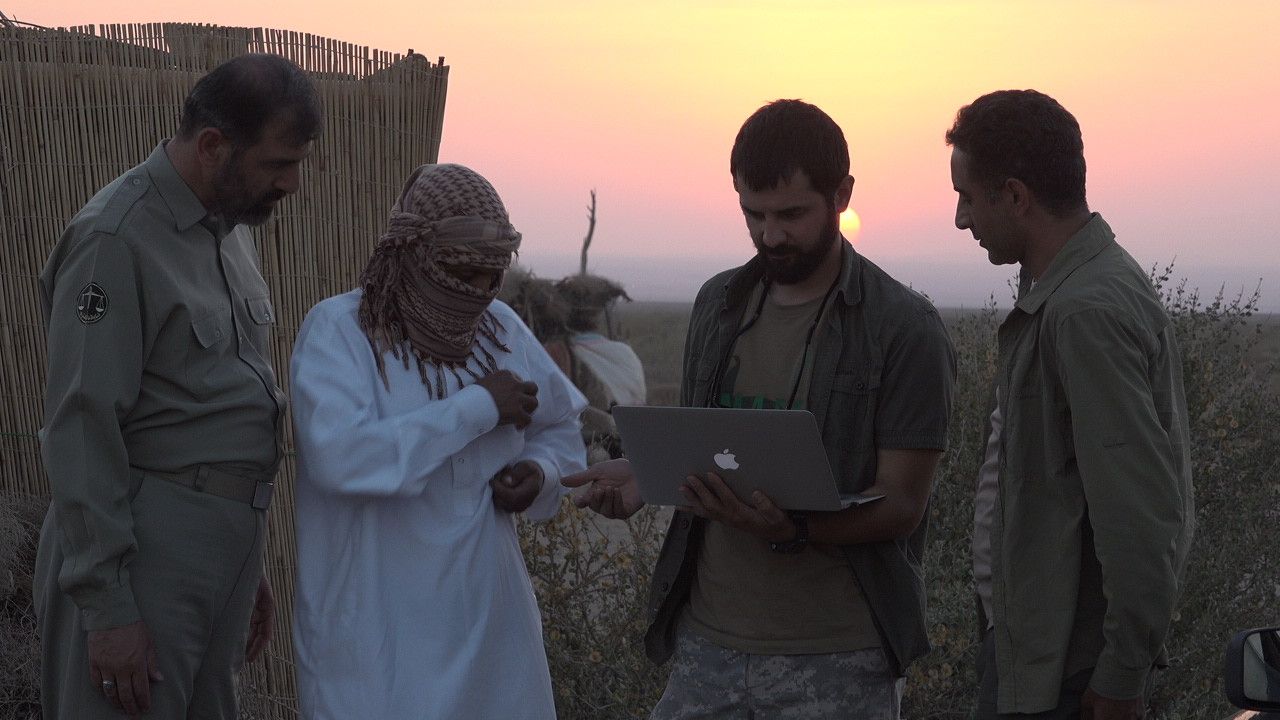
Finalist
Houbara
Kraetrapp

2022

2022
Entry 22-624 | Iran | 2021 | 64’ | Language: Persian | Subtitles: English
Estonian
Houbara or Bustard (Chlamydotis macqueni) is one of the favorite birds among hunters and falconers in the Persian Gulf countries. Unfortunately in the last decades, bustard’s hunting and catching alive have caused a drastic reduction in its population and as a result, it is now considered one of the most vulnerable and endangered species in Iran and all over the world.
Director
Fathollah Amiri, Nima Asgari
| Cinematography
Nima Asgari
| Editing
Mostafa Gandomkar, Sogol Moradi
| Composer
Babak Mirzakhani
| Producer
Mohammad Ala
| Production Company
Wildlife Pictures Institute
| Original Title
Houbara
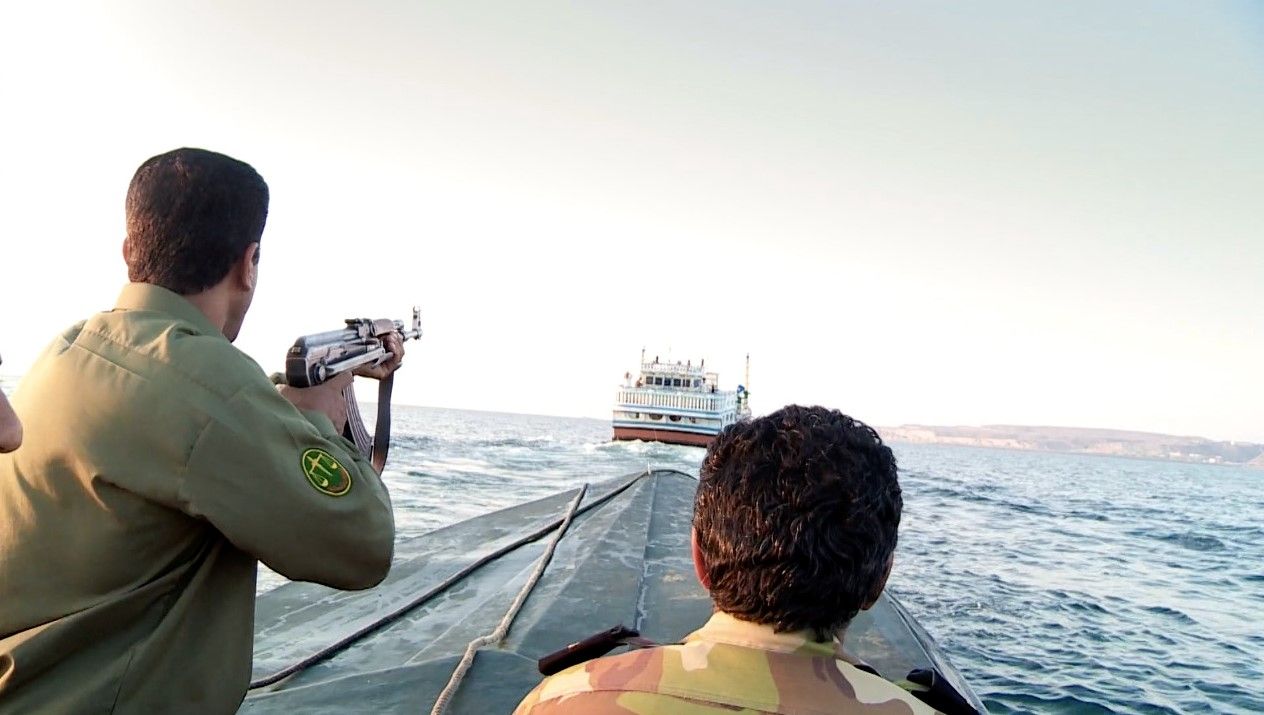
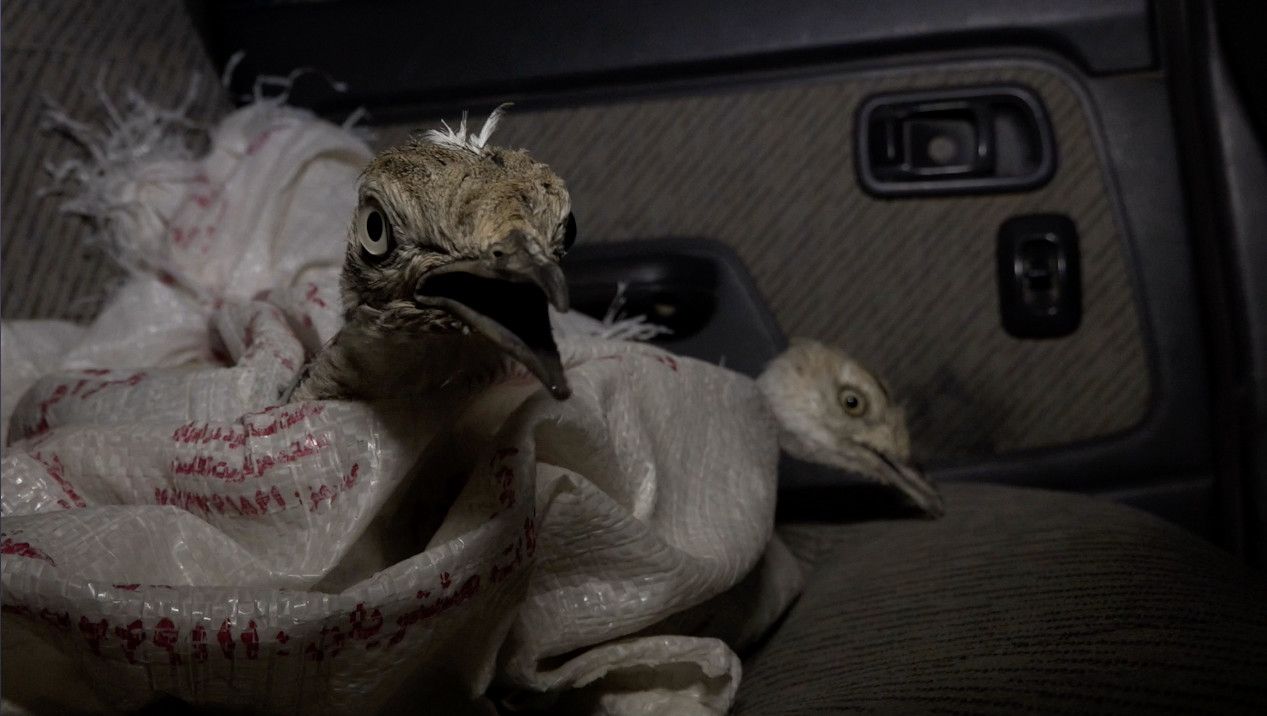


2022
Jury: It is not a beautiful film featuring charming wildlife stories - but it is one that inevitably needed to be made. It is not the easiest thing to make an investigative film in Iran anyway. The more important is the fact that such a film is made and that it has made it here to our audiences. The film does not provide us with conclusions, but leaves us with a heap of difficult, unanswered questions. What will happen to the houbaras that were confiscated from the smugglers? Will they manage to survive? What about the arrested poachers and their families? How could we possibly get the information about the range of devastation through to the rich people who buy these delicate birds in order to have them torn into pieces by (also imprisoned) falcons? When we buy petrol for our cars here, are we possibly also part of this miserable network of exploitation?

2022
Jury: Iranian men in uniforms, chasing poor bedouin poachers with guns. Trapped birds sold to rich people in neighbouring countries. Women being kept out of sight and mentioned only once - as the presumed head of the criminal network. Houbara is an incredibly thought-provoking film. We were on the edge of our seats rooting for environmental workers to be able to put a stop to the awful persecution of this beautiful species. Making a detective-action nature film is a difficult task. Houbara definitely achieved it.
The film is quite a journey, exciting and full of jeopardy, and involves passionate people. There’s human suffering on both sides, as the poachers feel the need to trap the birds due to poverty, and the wildlife protection unit despair at the treatment of the birds, and their endangerment.
Wealthier Middle-Eastern countries are taking advantage of their poorer neighbors by exploiting their natural resources pretty much like the rest of us are doing with our planet’s resources and using them to our amusement without any regard to the consequences. This is a message that needs to be amplified, and that is what we hope this award will do.
| Director | Fathollah Amiri, Nima Asgari |
| Cinematography | Nima Asgari |
| Editing | Mostafa Gandomkar, Sogol Moradi |
| Composer | Babak Mirzakhani |
| Producer | Mohammad Ala |
| Production Company | Wildlife Pictures Institute |
| Original Title | Houbara |
| Entry Number | 22-624 |
| Country of Production |
Iran
|
| Year of Production | 2021 |
| Running Time | 64’ |
| Language: | Persian |
| Subtitles: | English Estonian |
